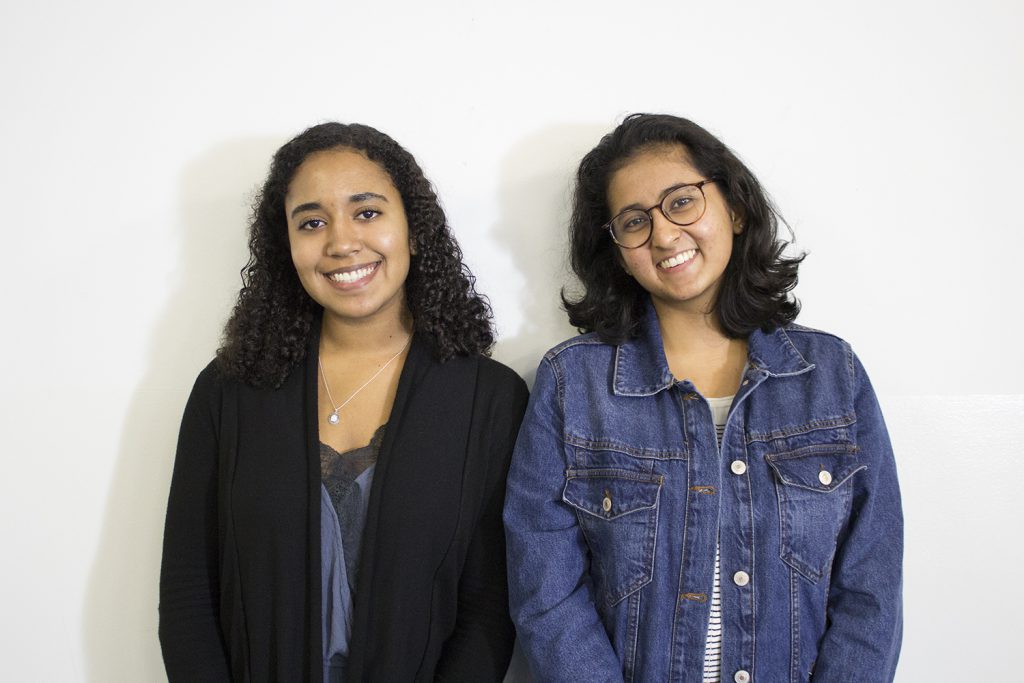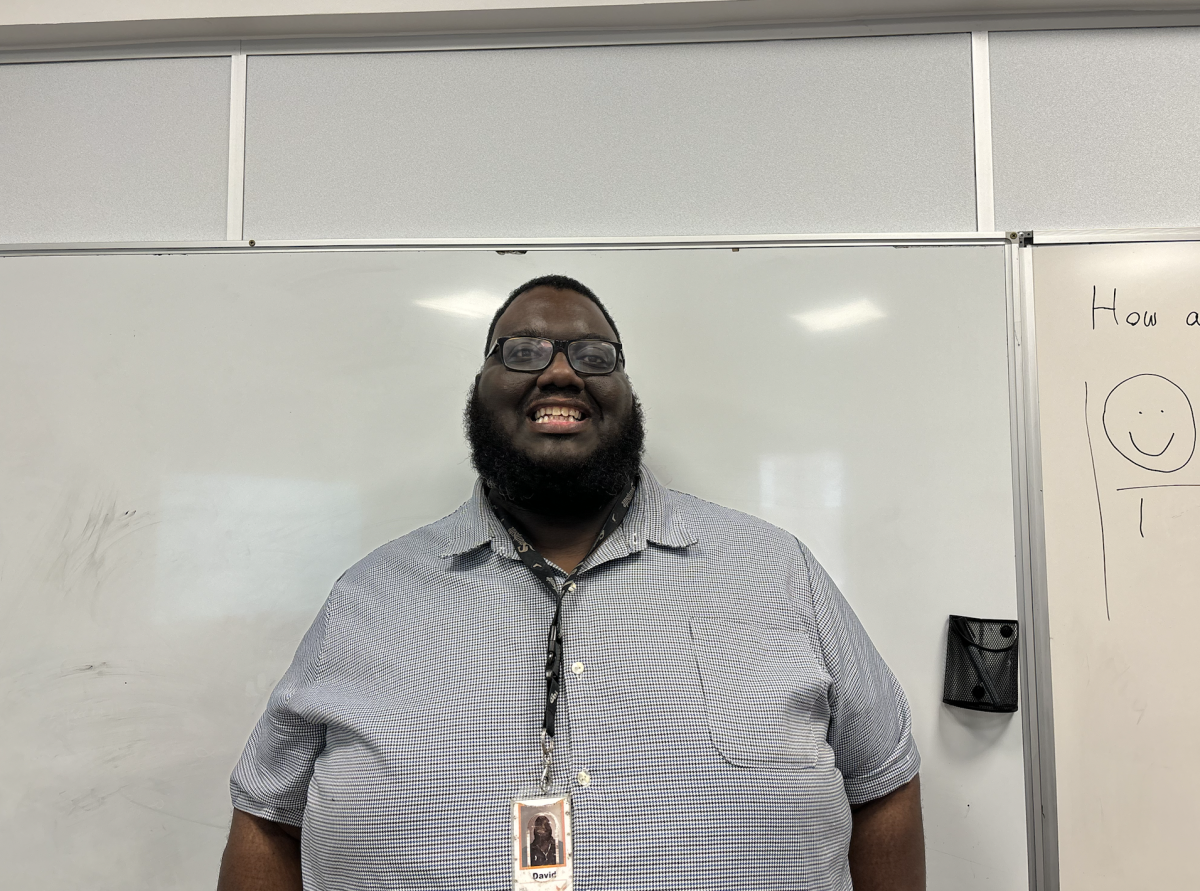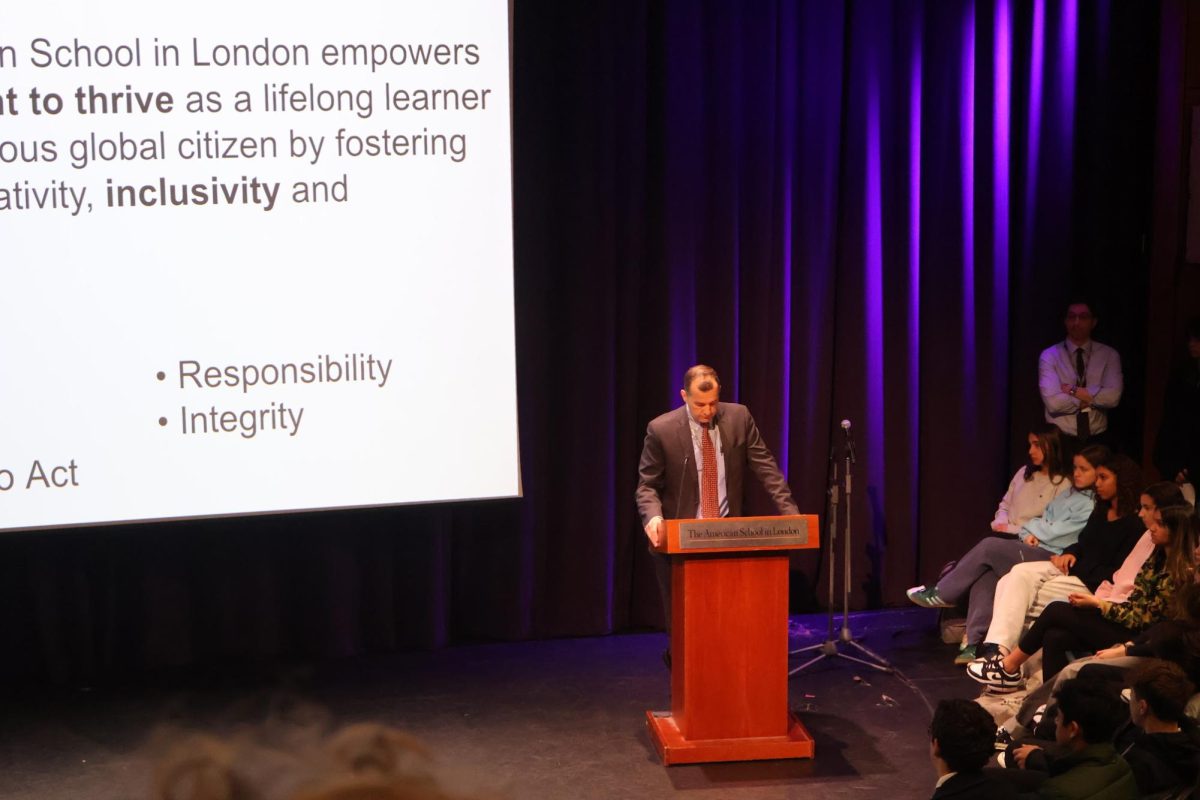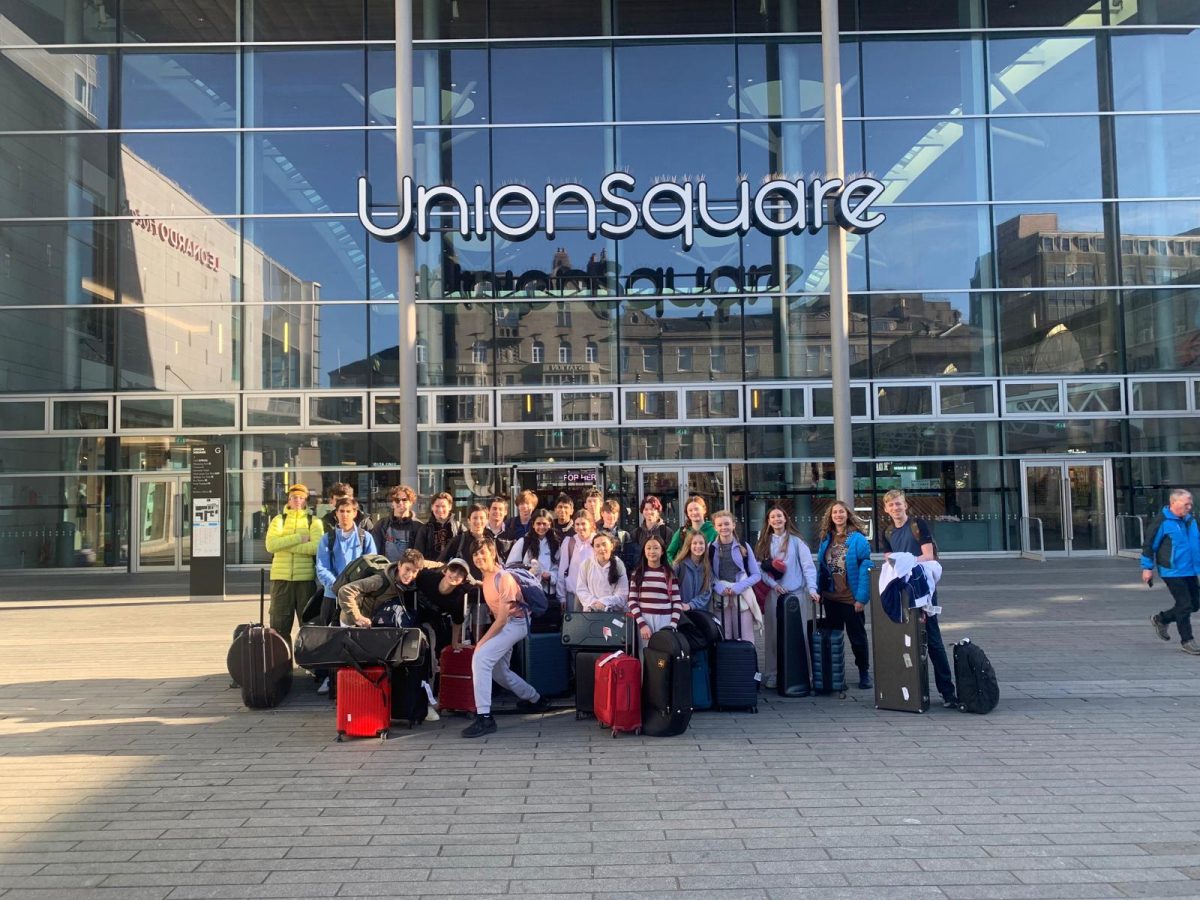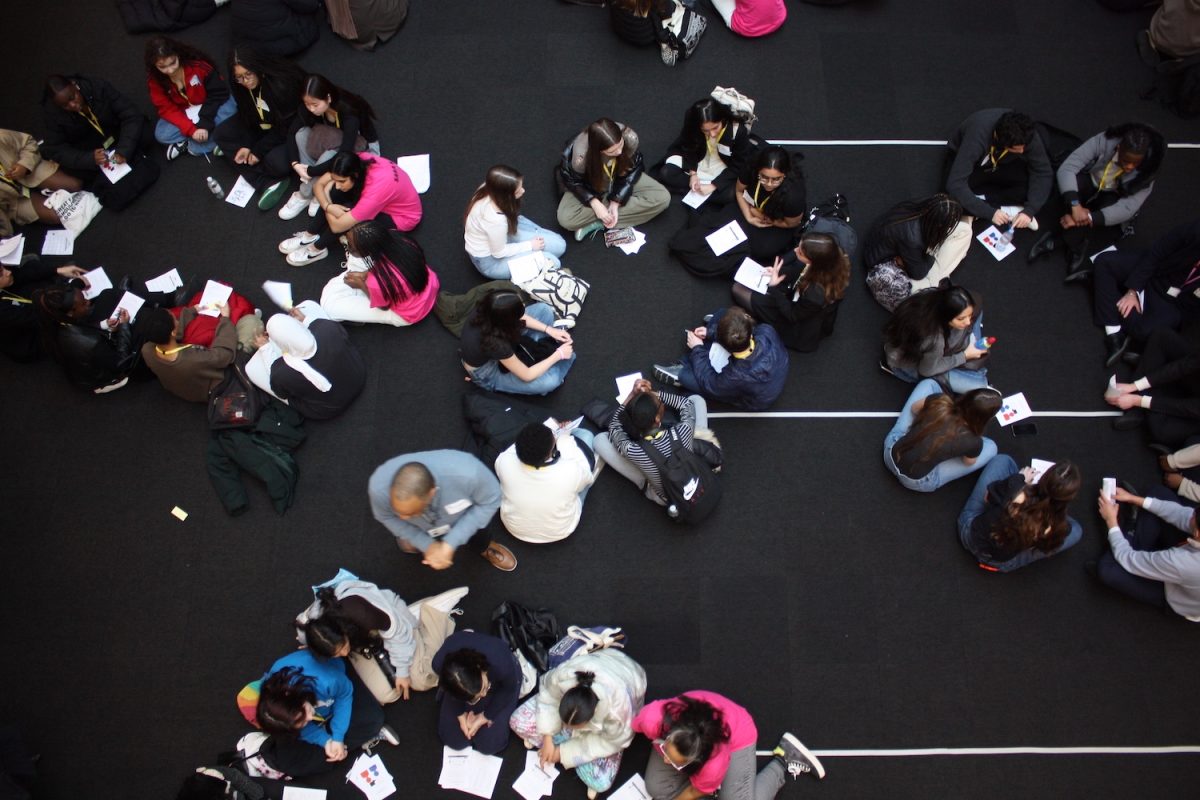Congratulations, first of all. What’s your relationship like?
Student Justice Council (SJC) President Amanda Welch (’18): Because we both started at the same time there isn’t a sense of “I’m older” or whatever. We see each other as equals.
SJC President Ananya Prakash (’19): I think we both have the same end goal of making ASL a safe place, but how we get there might be different. If someone brings up an idea or someone has another idea we make sure to compromise and listen to each other. In the end, because we have the same goal, regardless of which direction we take, I think we’ll definitely get there.
Why has the SJC progressed to the level of impact it has in such a short time?
AP: One of the reasons is because already there’s so many people at ASL who want to talk about social justice and who have passions about certain aspects of social justice. I think there just needed to be a platform for that, especially in regards to activism.
AW: I think even if these issues don’t directly affect you, I think social justice issues affect everyone, if you’re benefiting from them or not. I think people do care about these issues and sometimes it gets overwhelming and you tune out. I think the reason why we’ve been able to get a presence in such a short time is that people care about these issues and sometimes they just put them on the back burner.
What does a safe environment look like?
AW: The people who have opposed us have felt that maybe we are promoting an environment with a specific opinion or viewpoint, but I think at this school it’s important to have viewpoints and opinions that I don’t agree with and other people don’t agree with and ones obviously that you do agree with. That’s important to have in any type of community and our goal is to make sure that everyone in the school feels comfortable speaking their opinion, listening to others’ opinions and also being comfortable with who they are in this community.
AP: For me a safe space would be increasing the sense of empathy. Obviously we’ve come from such different backgrounds, we’ve grown up in different environments and I think because we are so different it is sometimes hard for students to understand another student who might have different identifiers. For me a safe space would be students – even if they don’t agree with a certain viewpoint or opinion – they acknowledge that is present in the school and they try to understand where that person is coming from, even though eventually they might not agree.
Given how divisive and polarizing this year has been politically, how do you foster a council and environment that is inclusive of everyone’s thoughts?
AP: I think we need to make sure that as a council we are not focused on the group of people who think the same way as us. We need to acknowledge that there are other groups involved. I think as a council we need to work on holding dialogue and conversation. I think it’s one thing to do activism and have these projects going on and I think it’s another thing to really dig deep into people’s beliefs and why they think a certain way. I think in general to help us as a community come together more and not be so politically different is to foster some conversation and ensure that everyone is involved. People might not agree, but people shouldn’t feel as if they cannot express their views.
AW: We definitely want to improve the discussion aspect of our council, I think that’s something that we haven’t explored, but that’s something that we want to do with our presidency. You could say that this school is politically on a certain side and there are opinions that are smaller in this school. There are going to be things like politics and discussion that are very divided, but I think it’s important to forget about that and look at it from the human perspective.
What is social justice at ASL?
AW: I think at the end of day we all believe in equality and we think that’s a right people should have. At this school it’s making sure everyone feels safe and has the right to voice their opinion, and respecting other people’s opinions.
AP: Also for me, a big part why I got into social justice was making that distinction between equity and equality. I think it’s very important as ASL students to recognize our privilege of being at ASL, having this education, but acting upon that privilege. I think it’s one thing to understand that I have this privilege or I know this is happening or I know this is an issue, and it’s another thing to stand up for those rights; make sure that you are heard; make sure that other people who may not have that ability or that platform to voice their opinions are represented, whether it’s through the council, through a project or through discussions.
What is the difference between equality and equity?
AP: It’s this girl who’s on the ground and this other girl who’s on the pedestal, and they’re both trying to look up a certain wall and both of them couldn’t see because they are both below the wall. But if you give them both one more block, the girl on the pedestal could see, but the girl on the ground couldn’t see. So even if both people are given the same amount of advantage or help they are not able to reach the same outcome in the end. Equity is the end product or the end goal that everybody’s equal, where equality is giving everybody the same amount of assistance.
Now a more personal question, what’s the movie you’ve watched the most?
AW: Probably Avengers. My favorite superhero is Captain America. That’s like me and my dad’s thing: Superheroes. We’ve seen it so much that sometimes we turn the sound off and we’re just speaking it. It’s really embarrassing.
AP: That’s such a coincidence, I was thinking the exact same thing.
I have to ask, what superpower do you wish you had?
AP: I think for me just going back in time – I think time travel. There’s so many things I regret or wish I said or wish I did.
AW: See[ing] what dinosaurs look like would be really fun.
AP: I was wondering… we don’t really know what dinosaurs sound like. We just make up that they sounded a certain way. No one actually knows what they sounded like. How do we know they weren’t high pitched?
Editor’s note: Despite her position on The Standard, Ananya Prakash is included in the article to fairly and comprehensively represent the views of the Social Justice Council.

